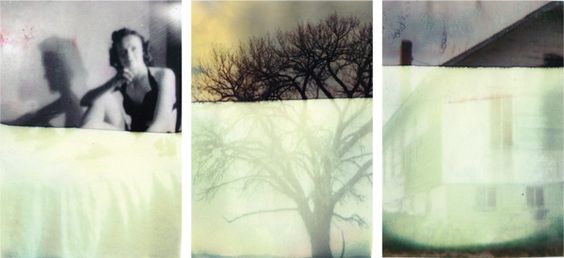I stopped drinking a little over a year ago. The last time I raised full glass to chapped lips, April 14, 2018, I drank furtively in a darkened kitchen, finally acknowledging that the only one who could stop this slightly swaying train was me. I was not a full-blown, stereotypical alcoholic, not physically and dangerously dependent on booze, but most nights I was a bit wobbly, a bit absent. Most days I was looking forward to that first anxiety- and boredom-softening glass of wine. And I belonged to a wine club, which ensured that my supply never ran out.
That night I was disgusted with myself. The drinking wasn’t enjoyable, the process of absenting myself abhorrent. To fade away without notice, to be a part of a group where not noticing is a habit, is painful on multiple levels. Not for the first time, I made the decision to stop, to end the double ache of negated invisibility, to stop a pattern in which there can be no good conclusion. I fell in love with someone who learned early that acknowledging reality could be dangerous, while I grew up with a tendency towards melodrama deepened by an often-unrealized need to be seen. This romantic match is not an unusual combination, but is one that can lead to repetition of patterns. The drinking, more low drama than high, wasn’t doing any of us any good. And who was I fooling, anyway? It was time to grow up and accept responsibility for being present in life.
So far, the sobriety experiment has stuck. I’ve gotten through holidays, birthdays, celebrations, family visits here and there, and one inadvertently stressful anniversary dinner in which complementary glasses of champagne were placed before us. I have had hard days at work and sudden, anxiety-provoking surprises. I’ve been sad and mad. I’ve rewatched the entire run of Mad Men with its cocktail obsessions. And, slowly, parts of me are returning. I am reading more. My temper is generally even, my sleep, for the most part, better. The dinner conversation flows and, when it doesn’t, I mostly take it in stride. Those wide ribbons of feeling that first brought me to this blog—the depression, the desire, the angst rooted in trauma—are certainly still here, but less desperate, less monumental and all-encompassing.
On occasion, I still miss the feeling drinking brings, the slow melt, the blurred lines. Perhaps a return to the occasional drink, the celebratory glass of bubbly, the slowly sipped mojito would not result in another slip down the slope of boozy desperation. But the benefit of being present far outweighs the risk of returning to perpetually hiding and waiting to be found. Here I am, where I’ve been all along.




